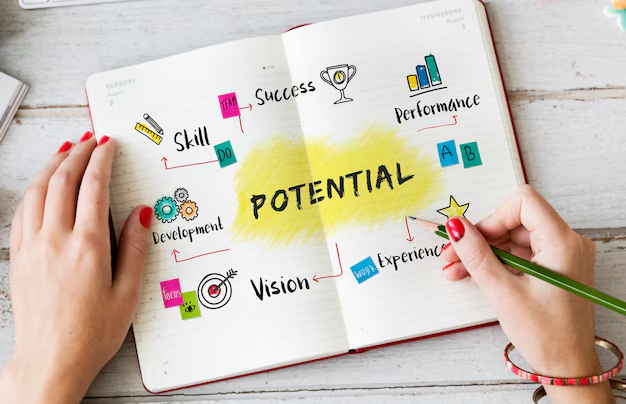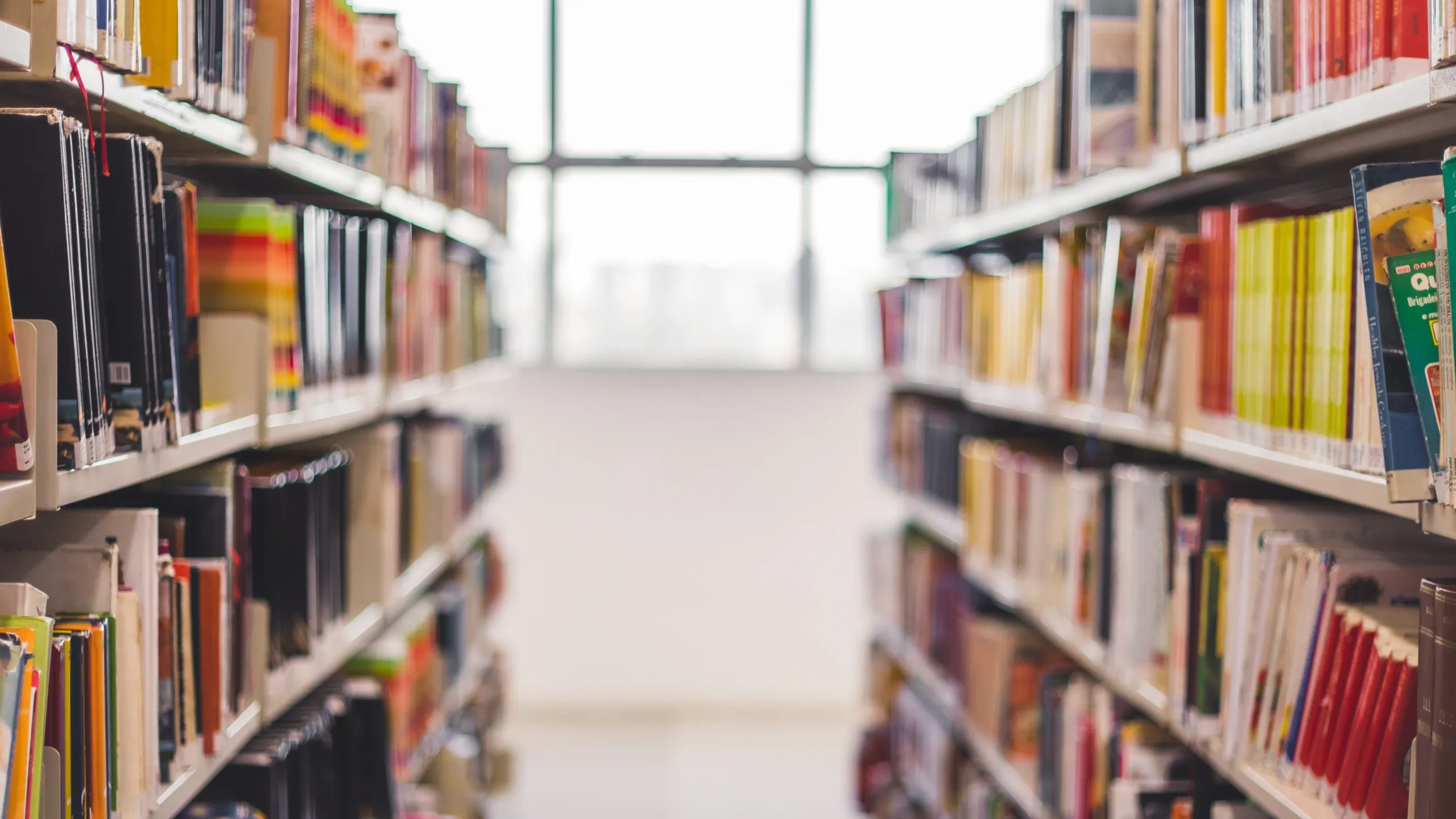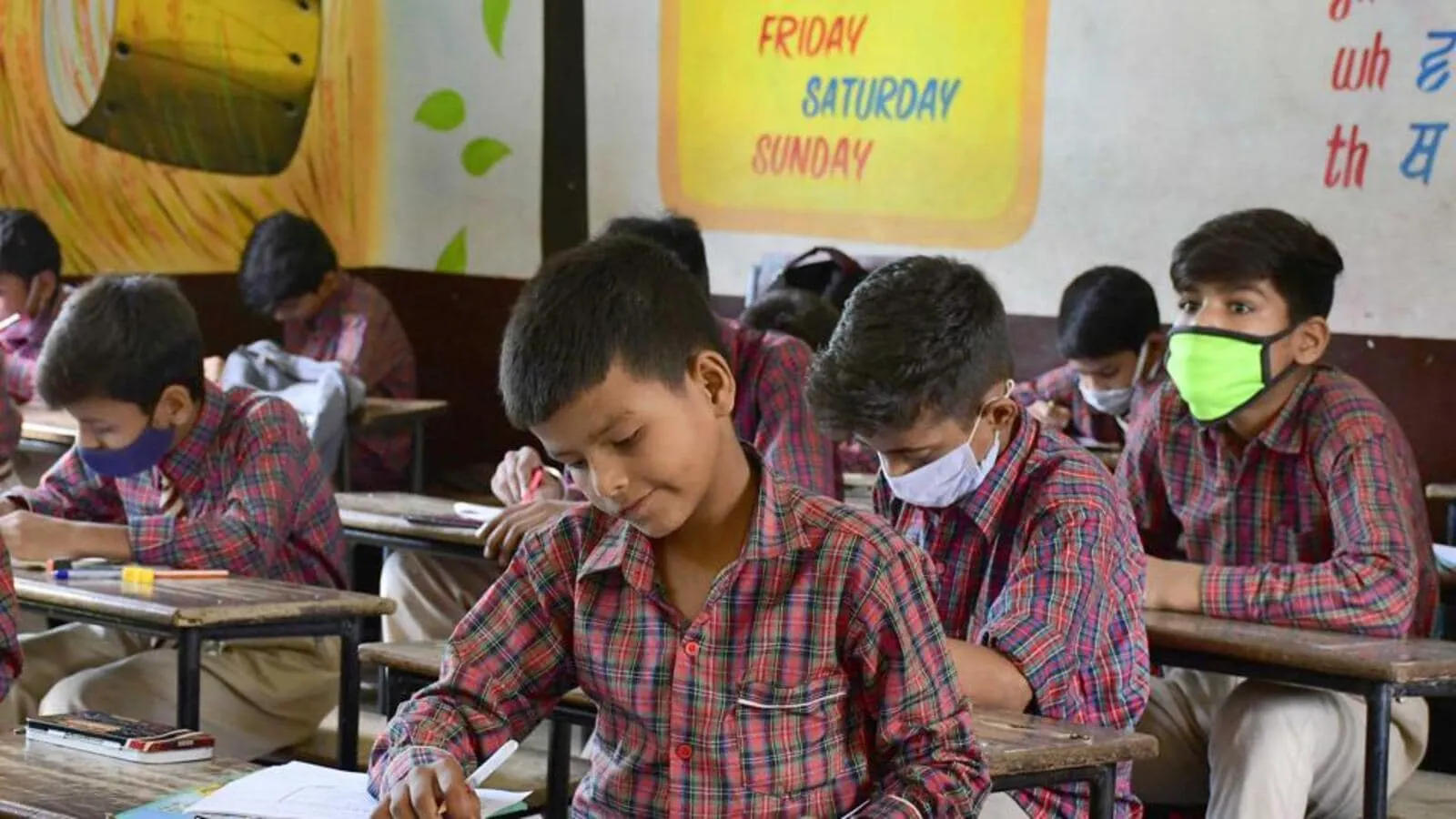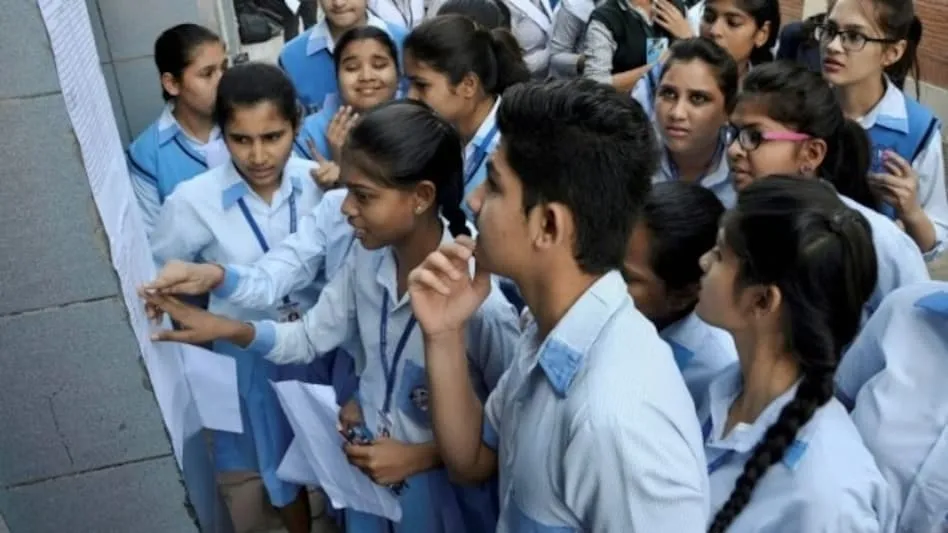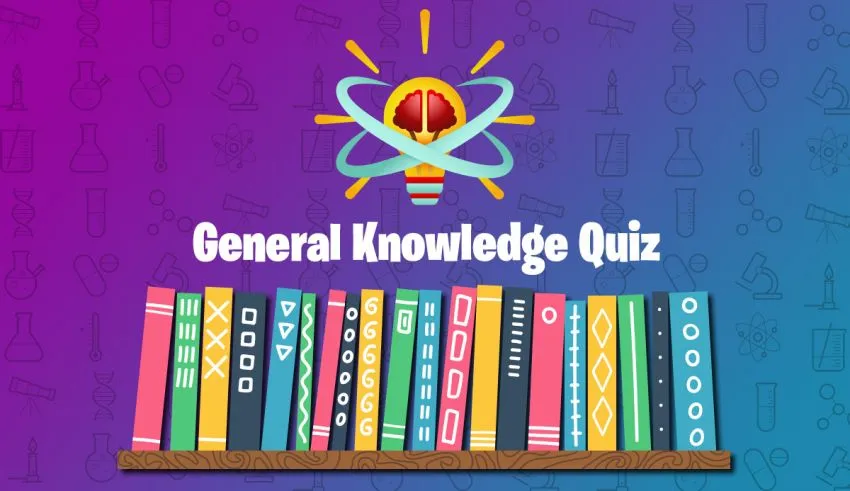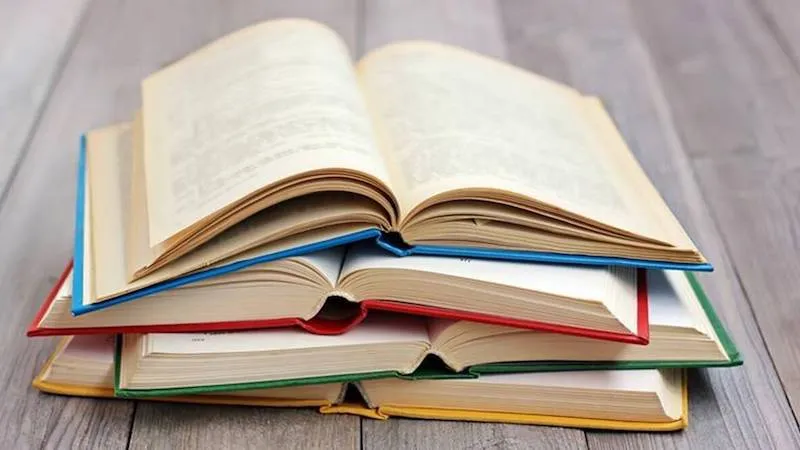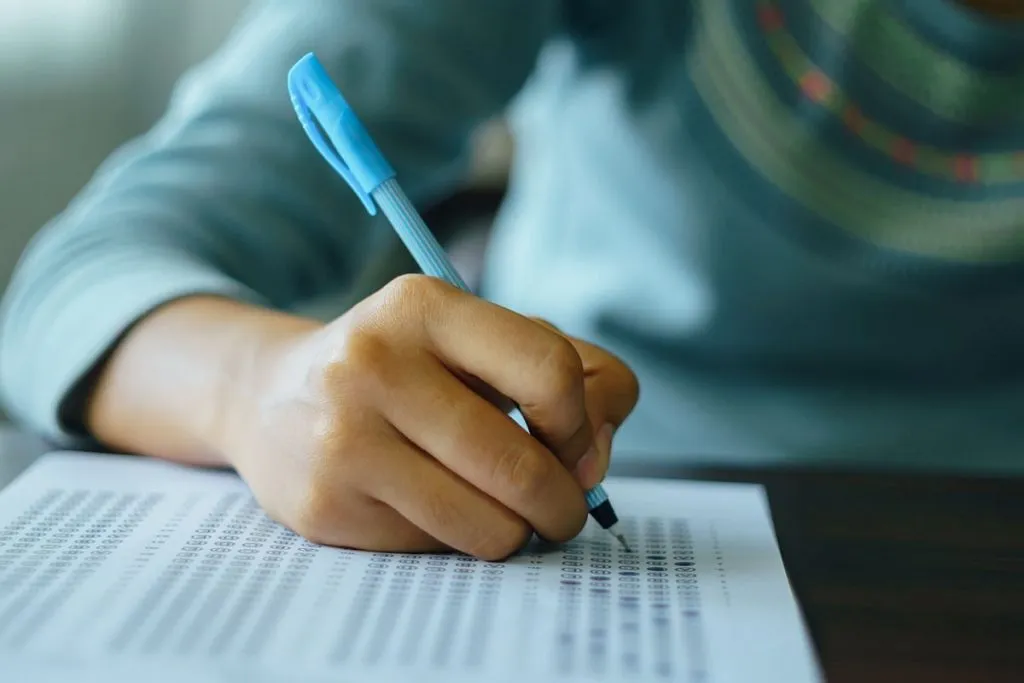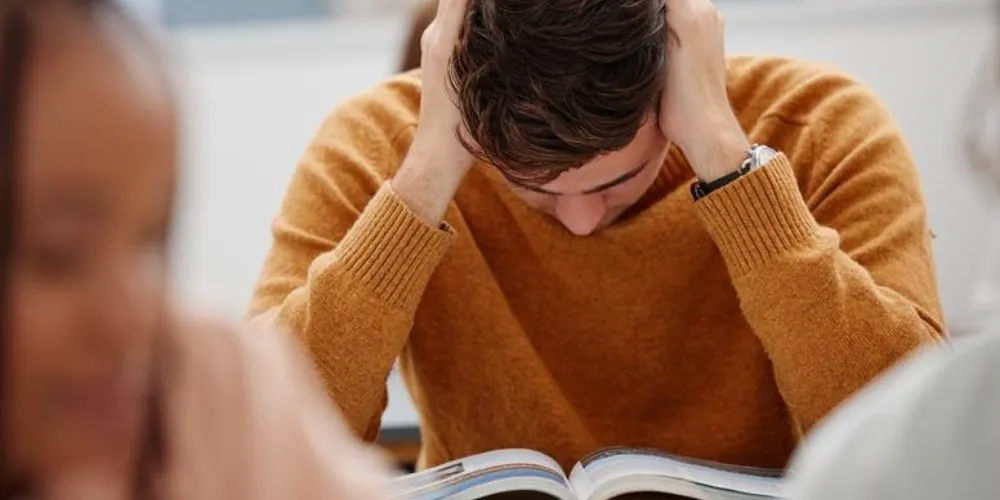Studying for exams can feel really hard sometimes. I remember sitting at my desk, looking at huge textbooks and feeling lost. That's when I discovered flashcards for studying! They changed everything for me. Flashcards are like magic tools that make learning fun and easy. Think of them as tiny teachers that help your brain remember important stuff. When I started using them, my grades got so much better! Let me share everything I know about making awesome flashcards that will help you ace your exams.
What Are Study Flashcards and Why Do They Work?
Study flashcards are small cards with a question on one side and the answer on the other side. They're super simple but really powerful!
Here's why they work so well:
- Your brain loves quick questions and answers
- They help you practice over and over
- You can use them anywhere - on the bus, during lunch, or before bed
- They make boring subjects more fun
I've been using flashcards for three years now. Trust me, they really work! My little sister started using them too, and her math scores went up by 20 points.
How to Make Flashcards for Exam Revision: Getting Started
Making your first set of exam revision flashcards is easier than you think! Here's what you need to know.
Choose Your Materials
You can make flashcards in two ways:
- Physical flashcards: Use index cards or cut up paper
- Digital flashcards: Use apps on your phone or computer
I love both! Physical cards feel nice to hold, but digital ones are great because you can't lose them.
Pick the Right Size
For paper cards, use 3x5 inch cards. They're not too big and not too small. Perfect for your backpack!
Step-by-Step Guide: How to Make Flashcards for Exam Revision
Let me walk you through my flashcard creation process. This is exactly how I make mine!
Step 1: Read Your Material First
Before making any cards, read through your notes or textbook. Don't try to make cards while reading for the first time. Your brain needs to understand the big picture first.
Step 2: Find the Important Stuff
Look for:
- Key vocabulary words
- Important dates
- Formulas you need to remember
- Main ideas from each chapter
- Anything your teacher said was "really important"
Step 3: Write Clear Questions
On the front of your card, write a simple question. Make it easy to understand. Here are some examples:
Bad question: "What's that thing about photosynthesis?" Good question: "What do plants need to make food?"
Step 4: Write Short Answers
On the back, write a quick answer. Don't write a whole paragraph! Keep it short and sweet.
Example: Front: "What do plants need to make food?" Back: "Sunlight, water, and carbon dioxide"
Effective Flashcard Techniques That Actually Work
I've tried lots of different ways to make flashcards. Here are the best flashcard methods that really help me learn:
The One-Fact Rule
Put only one fact on each card. Don't try to cram too much information! Your brain likes small bites of information.
Use Your Own Words
Don't copy sentences straight from your textbook. Write things the way YOU would say them. This helps your brain understand better.
Add Pictures When You Can
Draw little pictures or symbols on your cards. I draw a sun when I'm learning about weather, or a tiny calculator for math problems. Pictures help your memory!
Color Code Different Subjects
Use different colored cards or pens for different subjects:
- Blue for science
- Red for history
- Green for math
- Yellow for English
This trick has saved me so many times during study sessions!
Digital Flashcard Apps vs Paper Cards
Both have good points! Let me share what I've learned:
Best Digital Flashcard Apps:
- Anki: Super smart, learns what you need to practice
- Quizlet: Easy to use, lots of fun games
- Flashcards+: Great for making cards quickly
Why I Love Digital Cards:
- Never lose them
- Can add pictures easily
- Some apps test you automatically
- Can study anywhere with your phone
Why Paper Cards Are Great:
- No distractions from phone notifications
- Feel good to flip through
- Don't need battery or internet
- Can draw or doodle on them
I use both! Digital cards for big subjects like history, and paper cards for quick vocabulary.
Memory Techniques to Supercharge Your Flashcards
These tricks will make your flashcards work even better:
The Spacing Trick
Don't study all your cards every day. Here's my schedule:
- New cards: Every day for a week
- Easy cards: Every 3 days
- Hard cards: Every day until they get easier
Make Connections
Try to connect new facts to things you already know. If I'm learning about Egypt, I think about movies I've seen about pyramids.
Say Answers Out Loud
When you practice, don't just think the answer - say it! Your ears help your brain remember too.
Use Silly Stories
For really hard facts, make up funny stories. I once remembered all the planets by making up a crazy story about aliens. It worked!
Studying with Flashcards: Making It Fun and Easy
Flashcard study methods don't have to be boring! Here's how I make studying enjoyable:
Set Small Goals
Instead of "study all night," try "finish 20 cards." Small goals feel much easier!
Take Breaks
Study for 15-20 minutes, then take a 5-minute break. Your brain needs rest too!
Study with Friends
Quiz each other with flashcards. It's like playing a game! My friends and I do this all the time.
Reward Yourself
When you finish a stack of cards, do something fun. Watch a video, eat a snack, or text a friend.
Exam Preparation Strategies Using Flashcards
When your exam is getting close, here's my game plan:
Three Weeks Before:
- Make all your flashcards
- Start practicing every day
- Keep adding new cards as you learn
One Week Before:
- Focus on the cards you get wrong
- Practice with friends or family
- Do quick reviews throughout the day
Night Before:
- Just look through easy cards
- Don't try to learn new stuff
- Get good sleep!
The spaced repetition method really works. Cards you know well, you see less often. Cards you struggle with, you see more often.
Common Mistakes and How to Fix Them
I've made lots of mistakes with flashcards. Learn from my errors!
Mistake 1: Making Cards Too Complicated
Fix: One simple fact per card
Mistake 2: Not Practicing Regularly
Fix: Study a little bit every day instead of cramming
Mistake 3: Only Making Cards the Night Before
Fix: Start making cards as soon as you learn new material
Mistake 4: Not Reviewing Wrong Answers
Fix: Make a special pile for cards you get wrong
Advanced Tips for Flashcard Organization
Once you get good at basic flashcards, try these pro tips:
Use Different Types of Questions
- Multiple choice: "Which planet is closest to the sun? A) Mars B) Venus C) Mercury"
- Fill in the blank: "The capital of France is ____"
- True or false: "Whales are fish. True or False?"
Create Card Categories
Sort your cards into groups:
- Know it well (review once a week)
- Getting there (review every few days)
- Need more work (review daily)
Make Connection Cards
These cards help you see how different facts work together. For example: Front: "How does photosynthesis connect to the food chain?" Back: "Plants make food from sunlight, animals eat plants, bigger animals eat smaller animals"
Frequently Asked Questions
How many flashcards should I make for one exam?
Start with 20-30 cards per subject. You can always add more later! I usually end up with about 50-100 cards for big tests.
When should I start making flashcards?
As soon as you learn something new! Don't wait until the week before your exam. I make 3-5 new cards after each class.
How long should I study flashcards each day?
About 15-20 minutes per subject works great. It's better to study a little bit every day than to cram for hours.
What should I do with cards I already know really well?
Keep them, but review them less often. I look at my "easy" cards once a week just to make sure I still remember them.
Can flashcards work for math problems?
Yes! Put the problem on the front and the steps to solve it on the back. Math flashcards are awesome for formulas and problem types.
Should I study flashcards in the same order every time?
No way! Mix them up each time. This helps your brain learn better and prevents you from just memorizing the order.
Your Flashcard Success Story Starts Now
Making effective study flashcards has completely changed how I learn. My grades improved, studying became more fun, and I feel way more confident during exams. Remember, the best flashcards are the ones you actually use! Start simple, practice every day, and don't give up if it feels hard at first. Everyone learns differently, so find what works for you. Creating flashcards for exams is like building a superpower for your brain. The more you practice, the stronger your memory gets. I believe you can do this! Start making your first set of flashcards today. Pick just one subject and make 10 cards. You'll be amazed at how much better you remember things! Good luck with your studies, and remember - every expert was once a beginner. You've got this!


.png)


